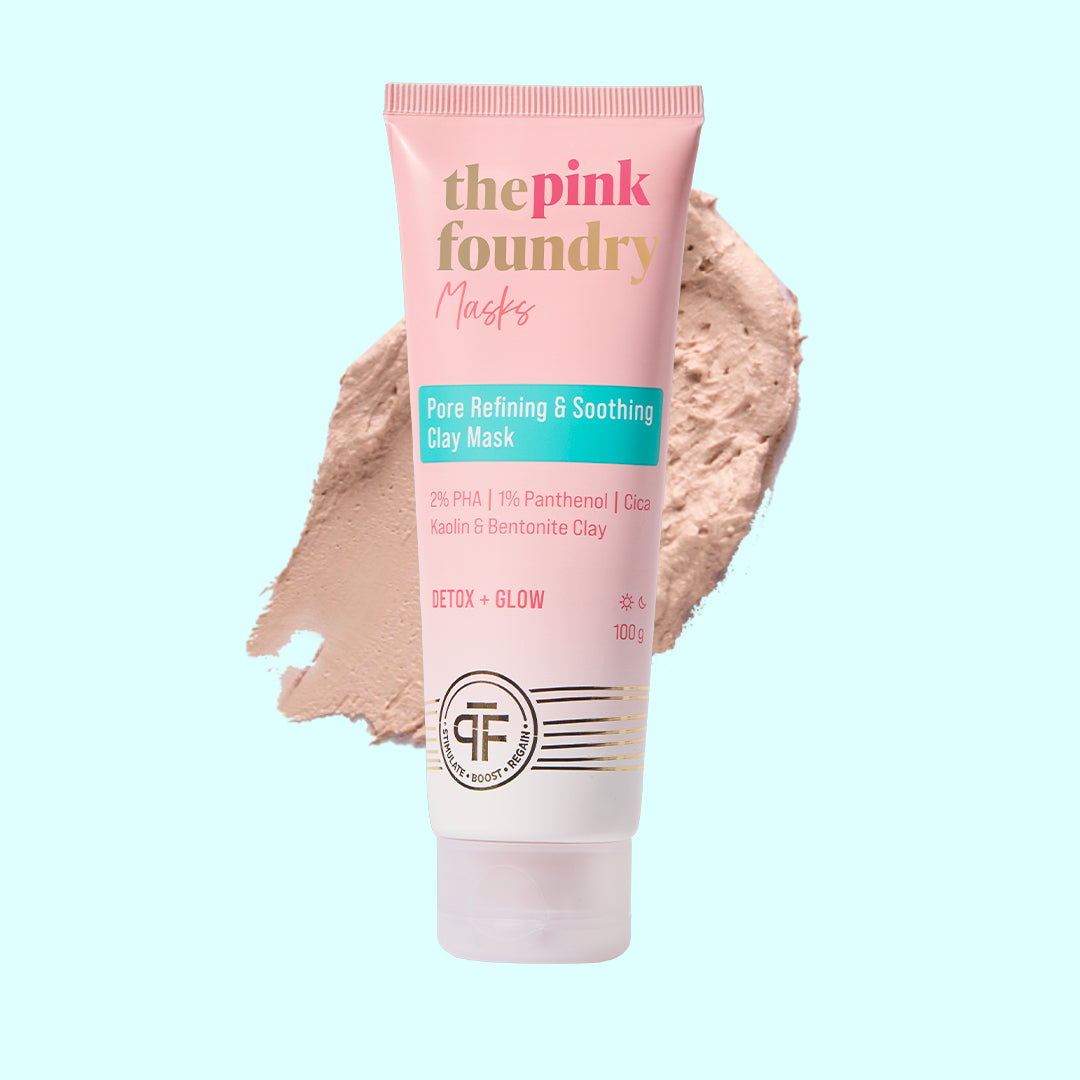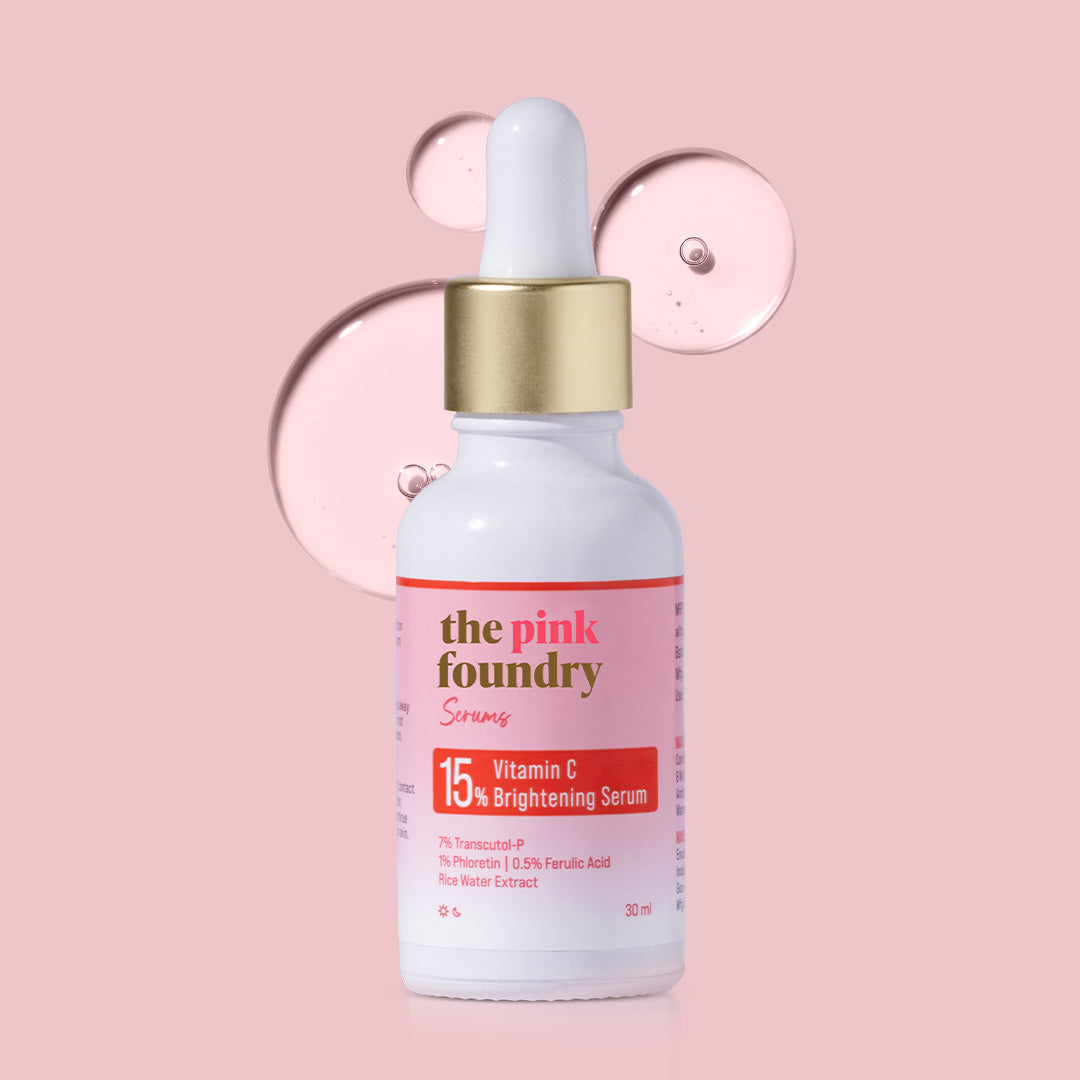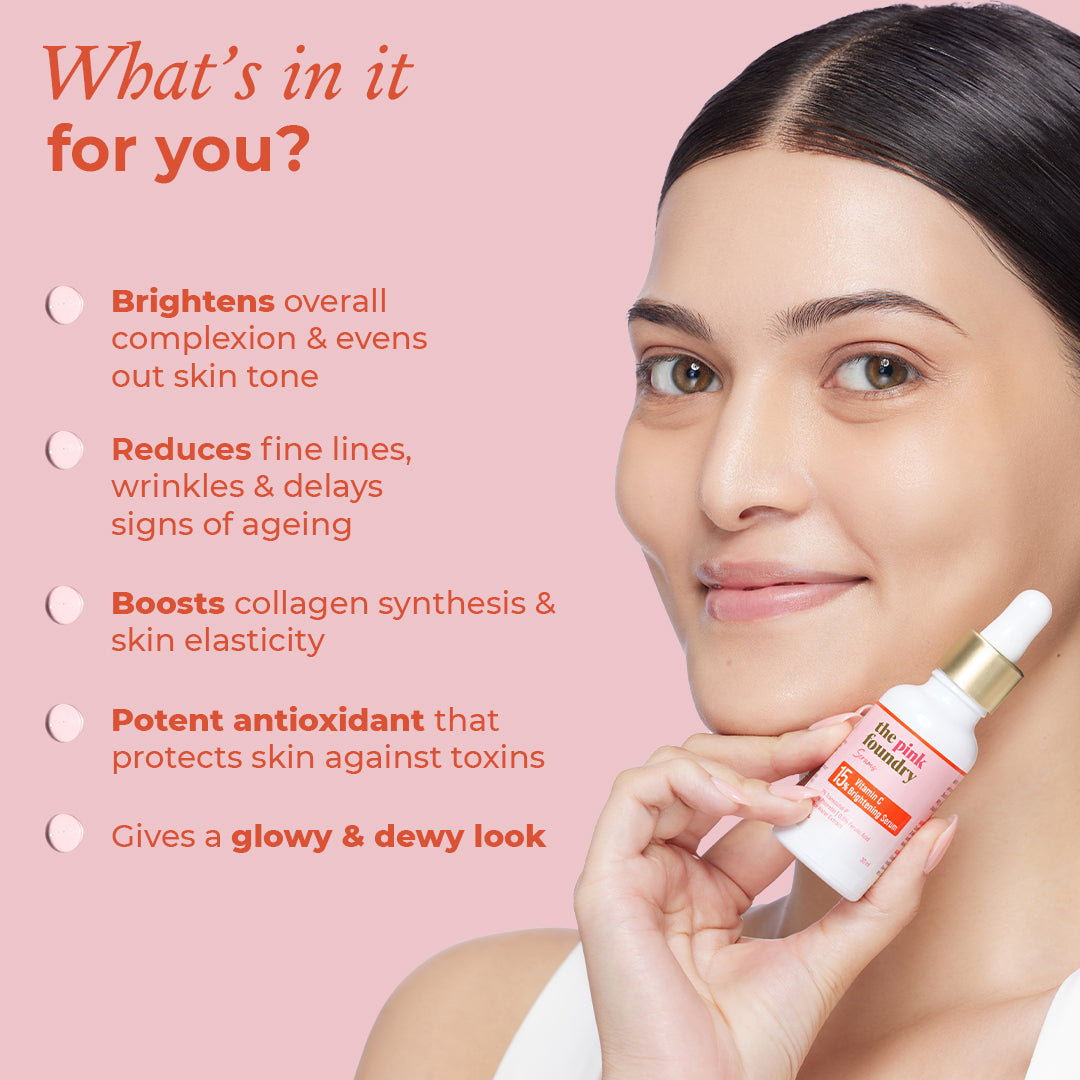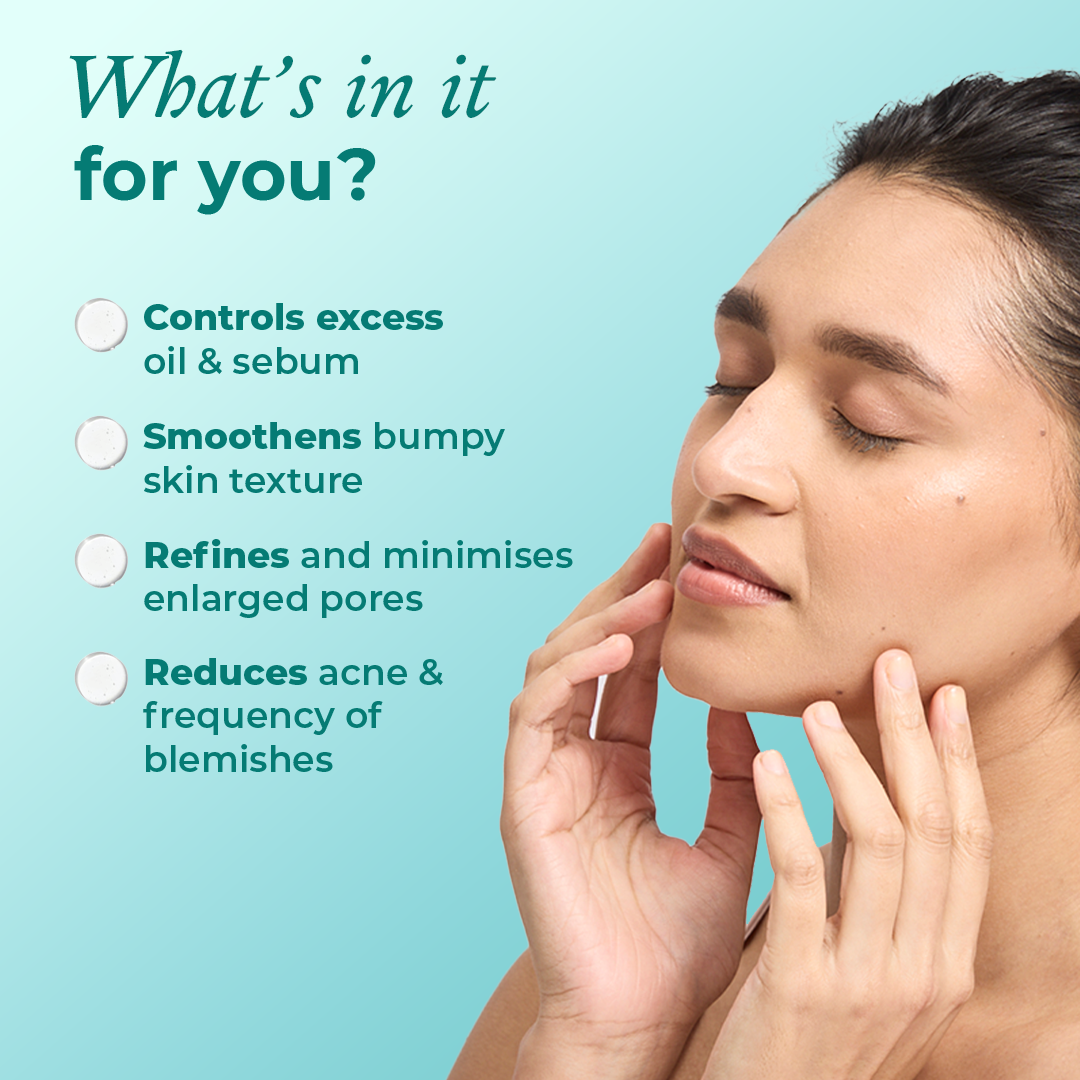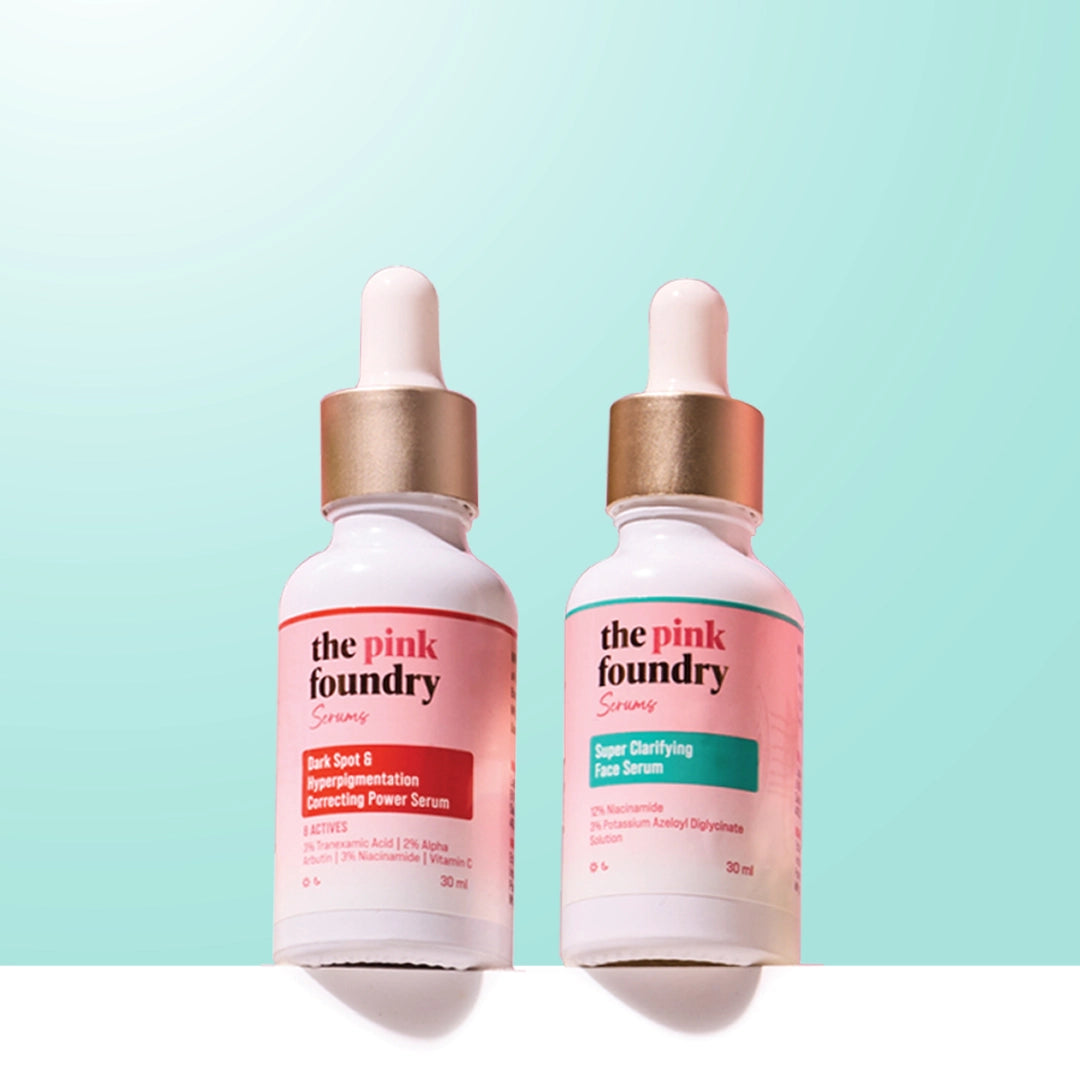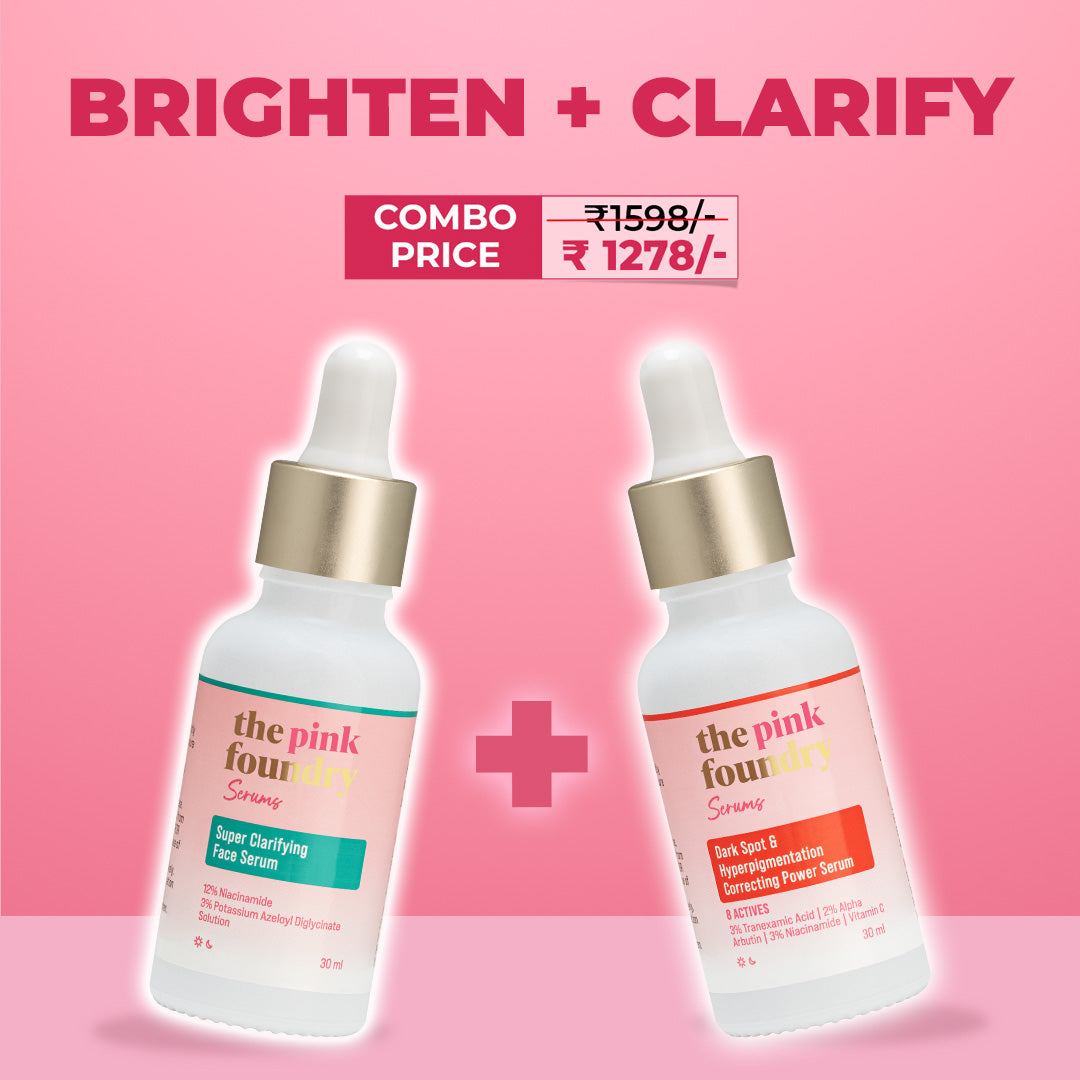Skincare Products for Uneven & Dull Skin
Filters
by active
product
skin type
by active
product
skin type
Pore Refining & Soothing Clay Mask with Cica Extract 100 g
Sale price₹ 636
Regular price₹ 749
Dark Spot & Hyperpigmentation Correcting Power Serum
Sale price₹ 721
Regular price₹ 849
Super Clarifying 12% Niacinamide Face Serum for All Skin Types - 30 ml
Sale price₹ 636
Regular price₹ 749
15% Vitamin C Brightening Serum | 30 ml
Sale price₹ 679
Regular price₹ 799
Mini Super Clarifying 12% Niacinamide Face Serum 15 ml
Sale price₹ 379
Regular price₹ 399
Rapid Skin Enhancement Duo
Sale price₹ 1,278
Regular price₹ 1,598
Acne & Oil Control Intense Serum with 2% Salicylic Acid 30 ml
Sale price₹ 636
Regular price₹ 749
Brightening & Exfoliating Vitamin C Daily Face Wash 100 ml
Sale price₹ 424
Regular price₹ 499


